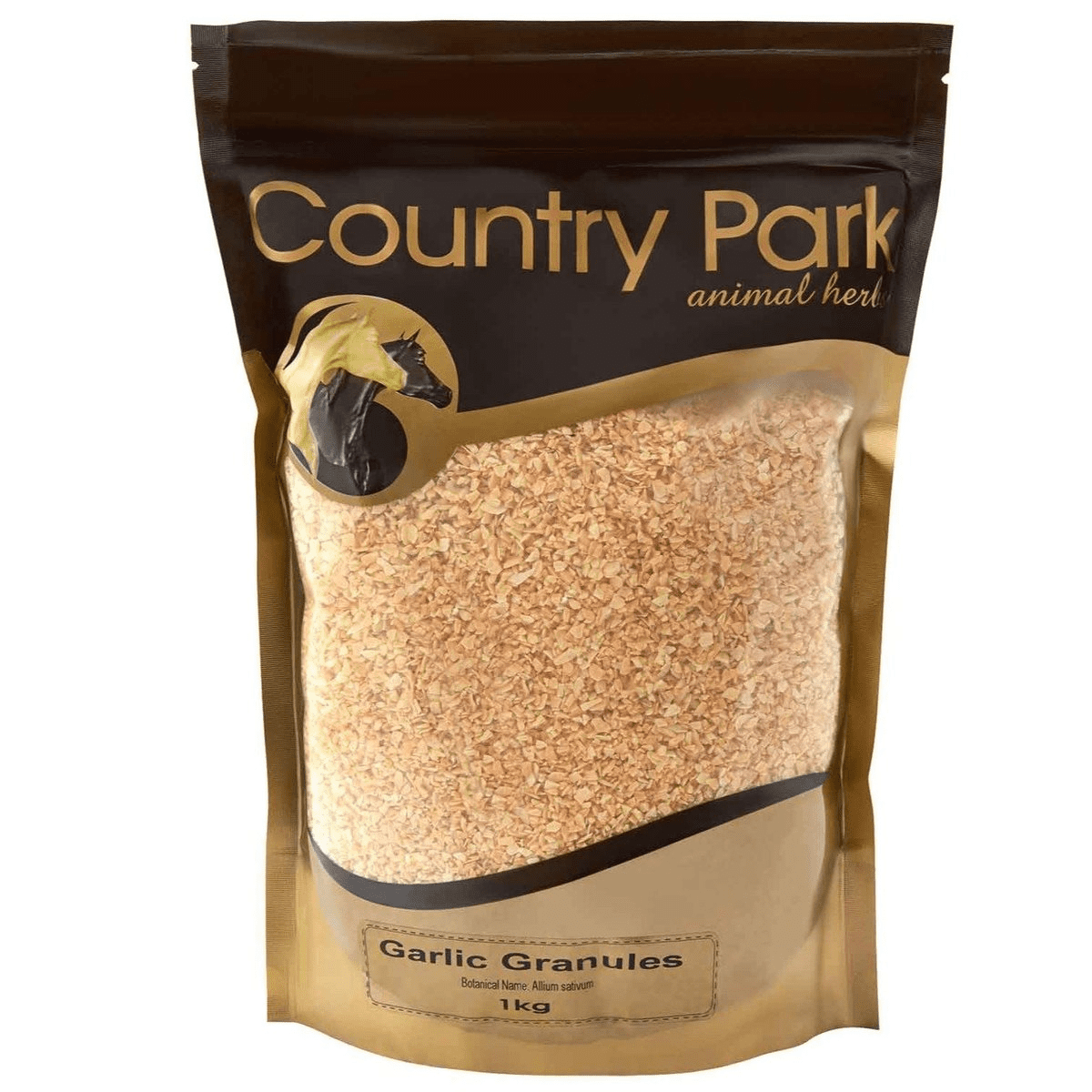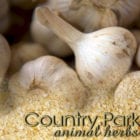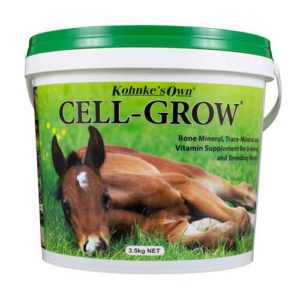Description
Garlic is rich in sulphur which is essential for healthy skin and hair, and garlic also contains bioflavonoid compounds such as quercetin which retard inflammatory reactions. Quercetin stabilises mast cells (which contain histamine) and inactivates many inflammatory enzymes, which makes garlic a useful anti-allergy tool. Garlic also works to improve circulation. It contains a number of anti-coagulant compounds and has a blood-thinning effect as well as being vasodilatory.Garlic can be used to prevent and treat respiratory infections. There is evidence that in the digestive tract garlic acts selectively against pathogens (disease causing micro-organisms) whilst sparing beneficial flora. Further, garlic reduces the incidence of cancer, especially in the gastrointestinal tract – allicin (a volatile oil constituent of garlic) interferes with the generation of carcinogenic nitrosamines in the gut. Garlic is reputed to minimise intestinal worms (although it must not be relied upon as the sole means of worm control). Some insect repelling properties have been attributed to the feeding of garlic, however it seems this may be dependent on feeding garlic in its fresh, raw form









